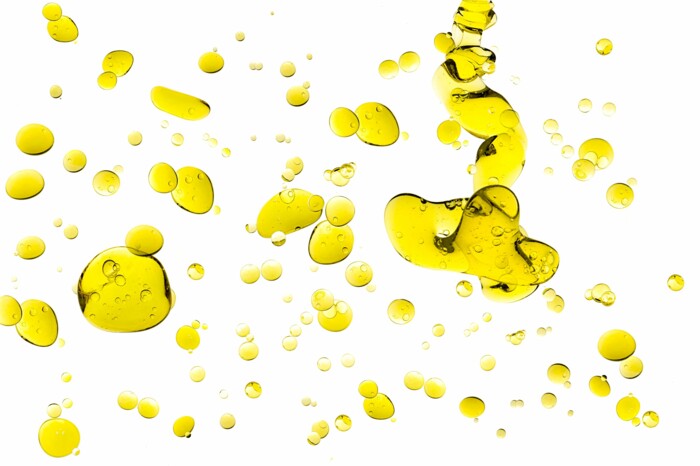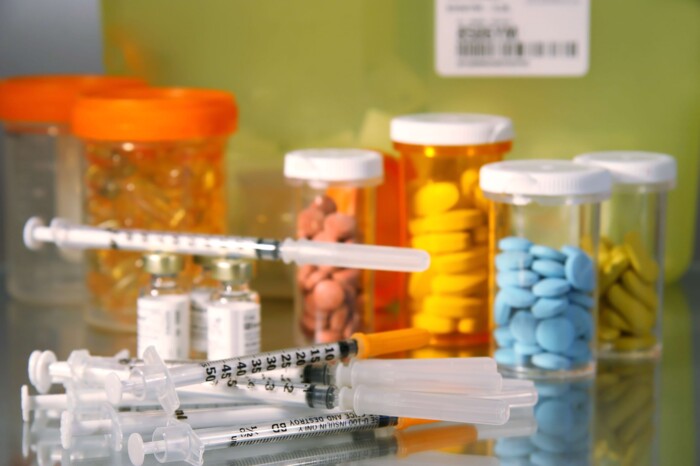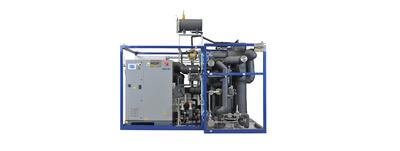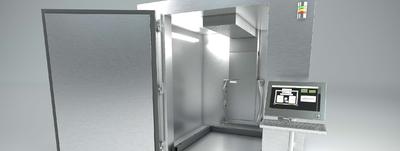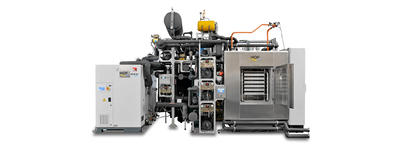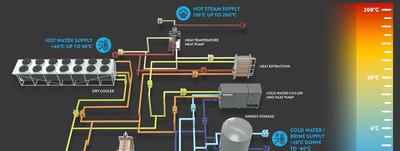After extraction, the lipids are purified and impurities are removed to ensure high purity. This can be achieved by various methods such as filtration, centrifugation or chromatographic separation. The lipids are then further processed to bring them into the desired form. This may involve converting liquid lipids into solid forms by crystallization or producing emulsions or dispersions. The lipids can also be chemically modified to improve certain properties such as stability, texture or solubility. Lipid production in the food industry plays an important role in the development of foods with specific properties such as taste, consistency and shelf life. Lipids are used in a variety of products. These include baked goods, snacks, margarines, chocolate and ice cream. For the pharmaceutical industry, lipids are used for the production of pharmaceuticals, especially for the formulation of liposomal drugs or to improve the bioavailability of active ingredients. Lipid-based carrier systems enable a targeted and controlled release of drugs in the body. Lipids are also used in the cosmetics industry, where they are used in skin care products, lipsticks and hair care products. Lipids can improve the skin barrier, moisturize and support protection against environmental influences. The production of lipids requires careful control of process parameters to ensure consistent lipid quality and composition. This includes monitoring temperature, pressure and other factors during processing as well as quality control through analytical methods such as chromatographic techniques or fatty acid profile analysis.

